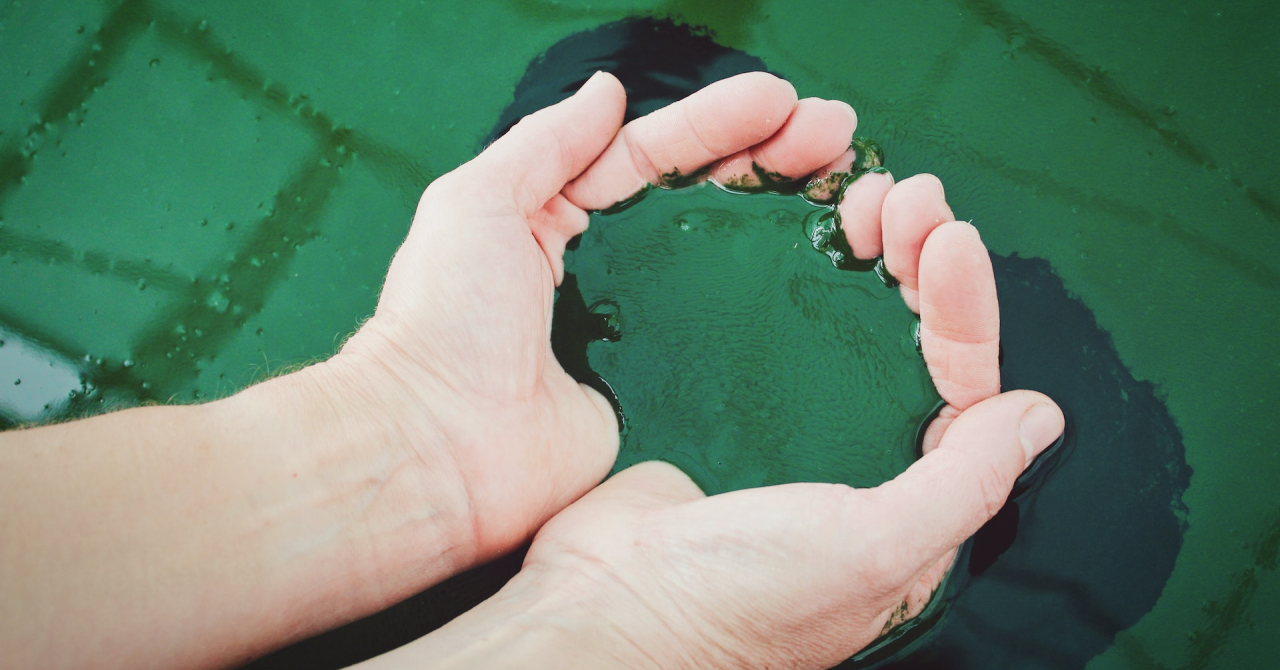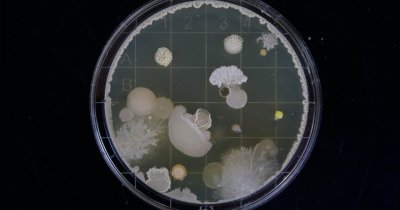According to World Economic Forum, a team of experts led by scientists at the University of Washington developed a new type of plastic made from spirulina, a blue-green type of algae, that can biodegrade faster and more efficiently, should it reach the environment.
Senior author of the study Eleftheria Roumeli, from UW, said that "we were motivated to create bioplastics that are both bio-derived and biodegradable in our backyards, while also being processable, scalable and recyclable."
"The bioplastics we have developed, using only spirulina, not only have a degradation profile similar to organic waste, but also are on average 10 times stronger and stiffer than previously reported spirulina bioplastics", she added.
Spirulina was chosen as a prime matter for the new products due to its widespread presence on the market, as a product in the food and beauty industries. Since it is being cultivated on a large scale and it absorbs carbon emissions, this can lead to the end product being not only carbon neutral, but possibly carbon negative.
It is also fire-resistant, which means that it extinguishes the flames once they start to consume it, instead of melting or exploding, like other plastic materials, the experts explained. Large-scale manufacturing could also be possible, they argue, due to the fact that they used a production process that is similar to that of traditional plastics.
"This means that we would not have to redesign manufacturing lines from scratch if we wanted to use our materials at industrial scales", Roumeli added.
Spirulina-made plastics have been manufactured before, but the new material is said to be stiffer and stronger, while also being recyclable, despite the fact that the team has some more work to do before it can be used for storing liquids.
 Mihai - Cristian Ioniță
Mihai - Cristian Ioniță












Any thoughts?